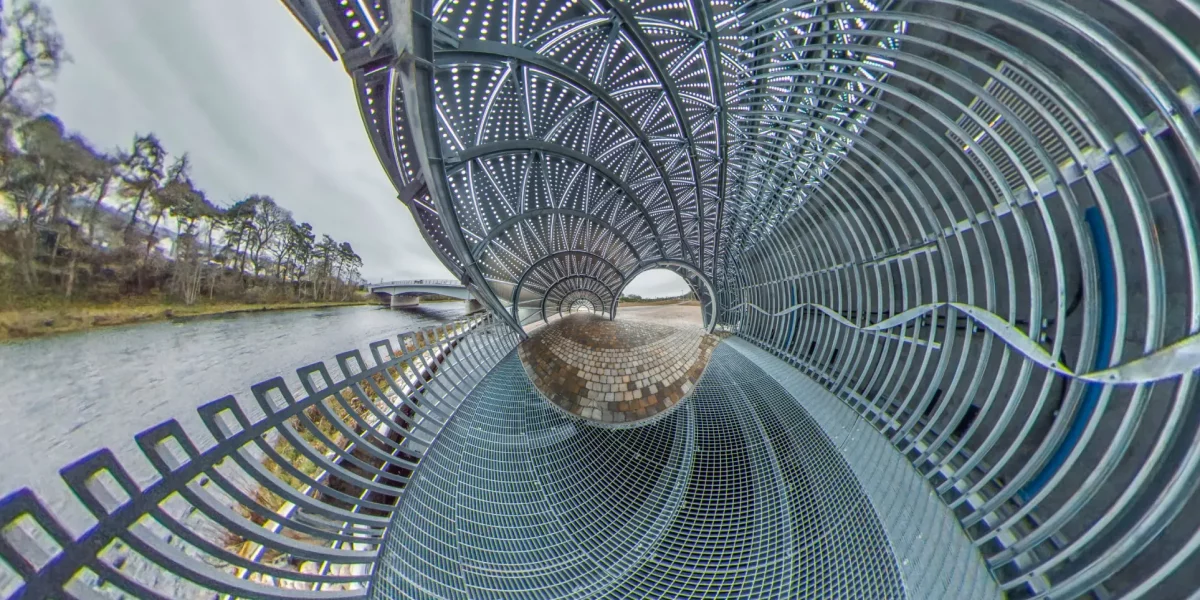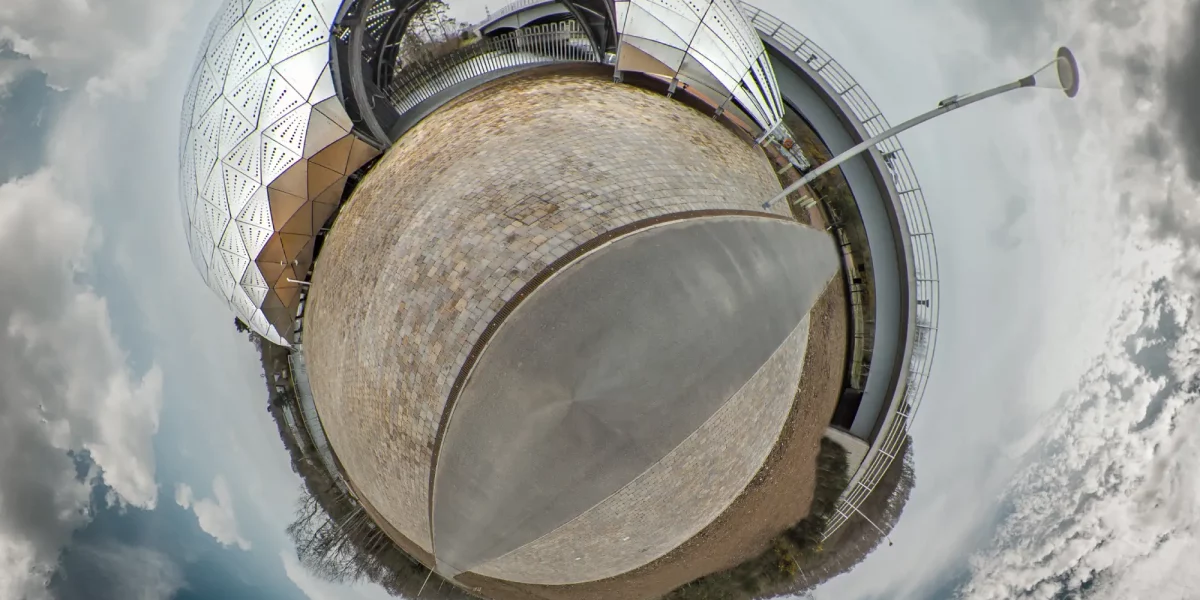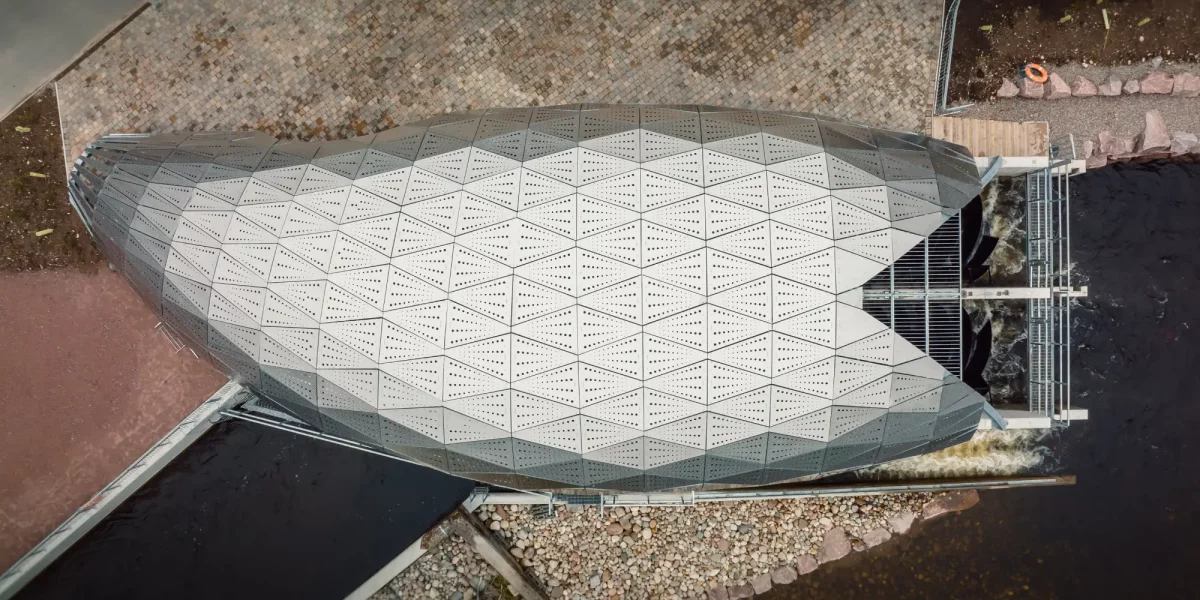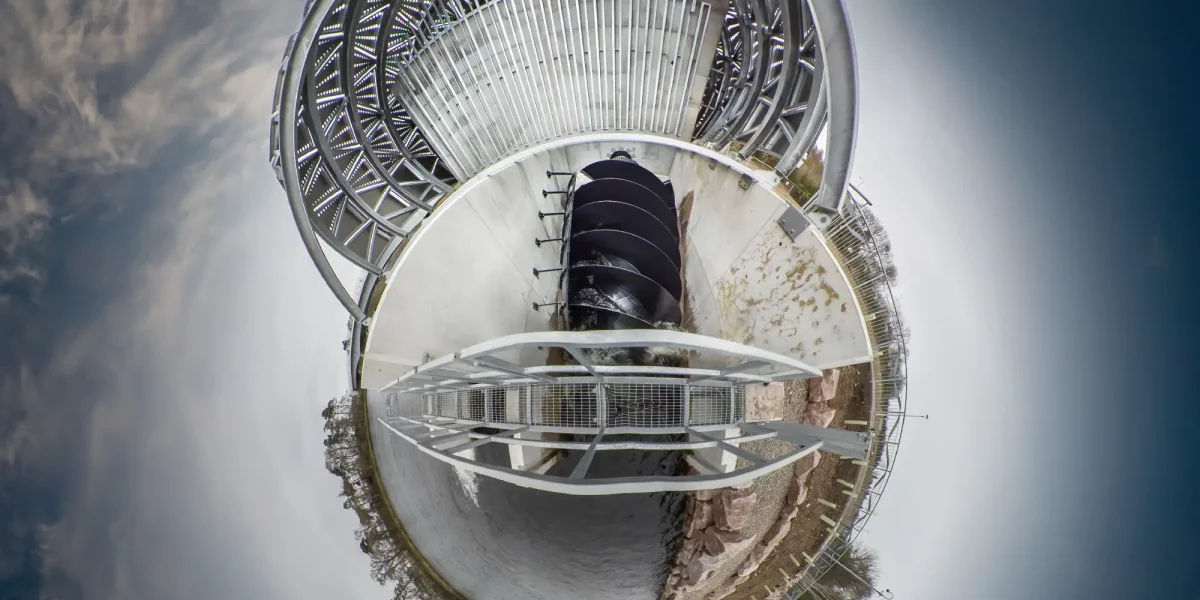What is climate change and how does it impact the Highlands?
Climate change is the long-term changes in global temperatures and weather patterns around the world. Here in the Highlands it will lead to the loss of habitats, ancient ecosystems and cultural heritage.
Climate has changed throughout Earth’s long history, but since the Industrial Revolution, human activity has caused temperatures to rise faster than ever before. This has had major impacts on our planet.
What does Climate Emergency mean?
The effects of climate change in Scotland
Climate has changed throughout Earth’s long history, but since the Industrial Revolution, human activity has caused temperatures to rise faster than ever before. This has had major impacts on our planet, including here in Scotland:
- The Earth’s temperature is estimated to increase by 4.4°C by the end of the 21st Century. Melting ice could eventually result in part of Inverness being fully underwater.
- With rising sea levels, we could see the loss of habitats and cultural heritage found on our shores.
- Deforestation causes major habitat losses, and we are now witnessing the extinction of multiple species. For example, only 1% of native Scottish pine survives due to human activity.
Did you know?
Most of us are aware of the usual suspects in the fight against climate change – burning fossils fuels and emissions from gas-guzzling cars – but everything we make, use and then dispose of all has an impact:
- In 2022, food production contributed to 80% of the world’s emissions. This, and the misuse of land, means food is becoming harder to produce.
- Household waste items are transported to landfills, where they are buried underground. These landfills produce high levels of methane (which is very bad for the planet). On average, 59% of what we throw away could have been recycled.
- Loss of peatlands to create garden compost causes the Earth’s temperature to rise. Peat absorbs carbon and helps to clean our atmosphere.
- Meat production contributes to 14% of global greenhouse gases. The manufacturing of beef is the biggest contributor.
- Building works are currently the third highest greenhouse gas emitter in the UK, with 42% of the country’s carbon footprint coming from the construction of new buildings.
- Travelling in the car alone for short journeys contributes 75% of transport emissions.
Other ways you can make a difference
Scotland is working towards a more ‘circular’ economy, which means eliminating waste by making things last.
The biggest thing we can all do to reduce our contribution to the climate crisis is to rethink our relationship with ‘stuff’. Four-fifths of Scotland’s carbon emissions come from the goods and services we produce, use, and too often waste. We need to start consuming more responsibly.
The best way to do that is to buy only what we need. Next, opting for items that are made to last and choosing second-hand first are great ways to cut the carbon cost of our spending.
Alternative business models like tool libraries and leasing services for everything from clothing to office lighting also give customers the products they need with far less environmental impact.
By supporting companies like this we’re both doing our bit for the planet and sending a powerful market signal to drive further circular economy innovation.
Find out more at How to Waste Less.





